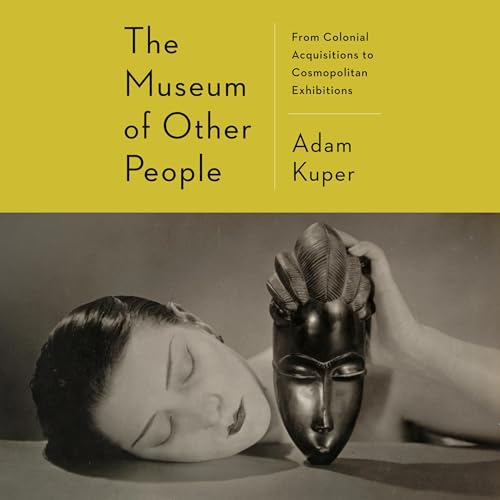2018 School Spending Survey Report
The Museum of Other People: From Colonial Acquisitions to Cosmopolitan Exhibitions
COPY ISBN
VERDICT This nuanced work on the history of museums addresses debates about cultural appropriation and offers solutions to help museum workers become more adept at addressing colonial legacies. A good pairing with Bénédicte Savoy’s Africa’s Struggle for Its Art, which describes African nations’ attempts to repatriate looted artworks.
ALREADY A SUBSCRIBER? LOG IN
We are currently offering this content for free. Sign up now to activate your personal profile, where you can save articles for future viewing




Comment Policy:
Comment should not be empty !!!